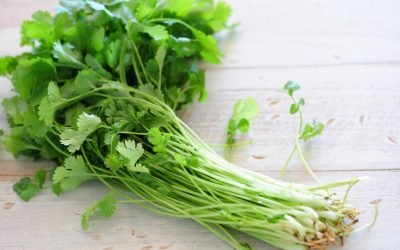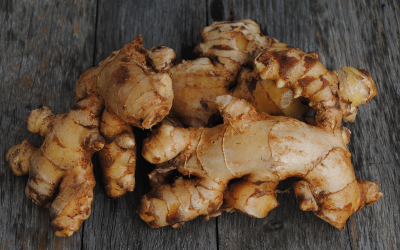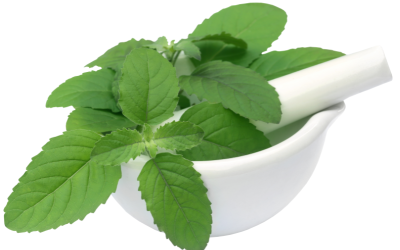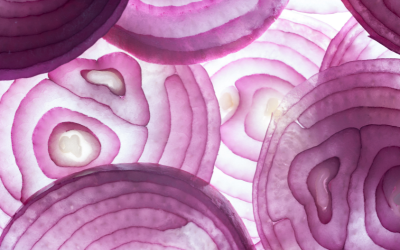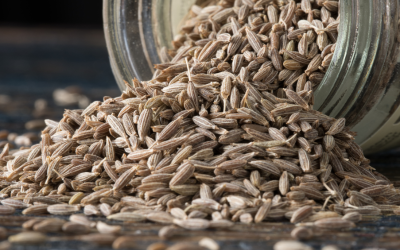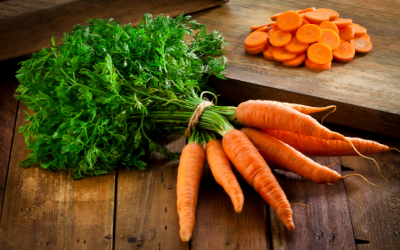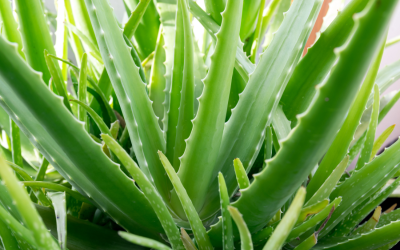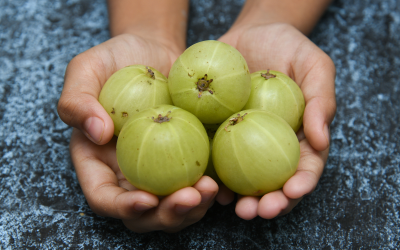The Health Benefits of Garlic: Nature’s Powerful Antibiotic
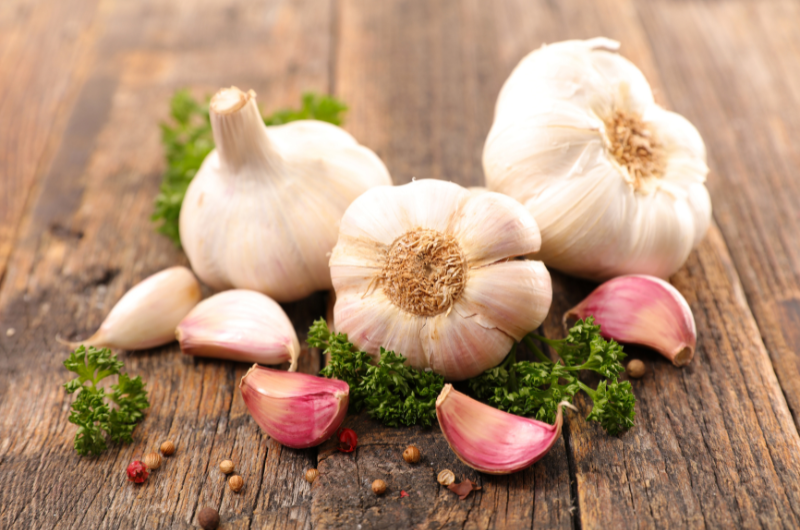
Garlic, that ubiquitous bulb found in kitchens worldwide, isn’t just a flavorful addition to dishes—it’s a powerhouse of health benefits and medicinal properties. Its history as a natural remedy spans millennia, revered for its therapeutic potential in combating various ailments. In this exploration, we’ll uncover the remarkable benefits of garlic and its effectiveness in treating eleven prevalent diseases.
Garlic has been highly valued for centuries all over the world for its health-building qualities. Khnoum Khoufouf, the builder of one of the oldest pyramids, (4500 BC) was among the first to recognize the virtues of garlic, for he decreed that all his workers should take garlic every day to maintain their health and strength. Hippocrates, the father of medicine (460-357 BC) recommended the use of this herb in infectious diseases and particularly prescribed it for intestinal disorders.
Garlic is believed to have originated in Central Asia and was known to the Chinese as far back as 3000 BC. It continues to be one of the staple spices of the Chinese diet today. Egyptians, Greeks, and Romans also used garlic both as a staple food and as a medicine for several ailments. It spread to all parts of the world and is now widely grown in the Mediterranean region, India, the Philippines, China, Ethiopia, Kenya, Brazil, and Mexico. It grows well in cool climates with dry weather.
Health Benefits of Garlic
An analysis of garlic shows it to contain moisture 62%, protein 6.3%, fat 0.1%, minerals 1%, fiber 0.8% and carbohydrates 29.8% per 100 grams. It’s mineral and vitamin contents are calcium, phosphorus, iron, thiamine, riboflabin, niacin, and vitamin C. It also contains traces of iodine, sulphur, and chlorine. its calorific value is 145.
Absolutely, garlic is a powerhouse when it comes to health benefits. Here are some of its key advantages:
Heart Health: Garlic is known to help regulate blood pressure and cholesterol levels, potentially reducing the risk of heart disease and strokes. It can also aid in improving circulation by dilating blood vessels.
Immune Booster: Packed with antioxidants, garlic strengthens the immune system, helping the body fight off infections and illnesses. Its antimicrobial properties make it particularly effective against colds and flu.
Anti-Inflammatory Properties: Allicin, a compound in garlic, acts as a potent anti-inflammatory agent, potentially easing symptoms of inflammatory conditions like arthritis.
Digestive Aid: Garlic supports digestive health by promoting the growth of beneficial gut bacteria. This aids in digestion and can alleviate certain gastrointestinal issues.
Anticancer Potential: While more research is needed, garlic shows promise in preventing certain types of cancer due to its sulfur-containing compounds and antioxidants.
Blood Sugar Regulation: Some studies suggest that garlic may assist in regulating blood sugar levels, which can be beneficial for individuals with diabetes or at risk of developing it.
Antibacterial and Antiviral Properties: Garlic’s natural properties make it effective against various bacteria and viruses, potentially aiding in combating infections.
- Skin Health: Applied topically or consumed, garlic’s antimicrobial properties may help manage skin conditions and infections.
- Respiratory Health: Garlic’s antimicrobial and anti-inflammatory effects can potentially ease symptoms of respiratory infections, offering relief from conditions like the common cold.
- Detoxification: Garlic aids in detoxifying the body by supporting liver function and helping to eliminate toxins.
Healing Power & Methods to Use:
1) Chest Diseases:
In Ayurveda, a decoction of garlic boiled in milk is considered a wonderful drug for tuberculosis. 1 gram of garlic, 250 ml of milk, and a litter of water are boiled together it is reduced to 1/4th of the decoction. It should be taken thrice a day.
2) Asthma:
Three cloves of garlic boiled in milk can be used every night with excellent results in asthma. A pod of garlic is peeled crushed and boiled in 120 ml pure malt- vinegar. It is strained after cooling and an equal quantity of honey is mixed and preserved in a clean bottle. 1 or 2 teaspoons of this syrup can be taken with fenugreek decoction in the evening and before bed. This has been found effective in reducing the severity of asthmatic attacks.
3) Digestive Disorders:
Crushed cloves of garlic may be infused with water or milk and taken for all disorders of digestion. It has an antiseptic effect and is an excellent remedy for infectious diseases and inflammations of the stomach and intestine.
Garlic oil is absorbed into the alimentary tract and is eliminated partly through the urine.
1 Garlic capsule taken thrice a day is usually sufficient to correct mild cases of diarrhea or dysentery. Up to 6 capsules a day can be taken for some persistent cases.
4) High Blood Pressure:
Garlic is one of the most effective remedies for lowering blood pressure. Pressure and tension are reduced because it has the power to ease the spasm of the small arteries. The average dosage should be 2 to 3 capsules of garlic a day to reduce the blood pressure.
It also slows the pulse and modifies the heart rhythm, relieving symptoms of dizziness, shortness of breath, and the formation of gas within the digestive tract.
5) Cardiovascular Diseases:
The dosage should be about 600-1200 mg of garlic extract or aged garlic extract per day.
Garlic’s ability to potentially lower blood pressure and cholesterol levels makes it beneficial for cardiovascular health.
6) Common Cold and Flu:
Raw garlic consumption or supplements equivalent to 2-4 cloves per day during illness.
Garlic’s immune-boosting properties may help reduce the severity or duration of cold and flu symptoms.
7) Diabetes:
The dosage should be 300-900 mg of garlic extract per day.
Garlic may assist in regulating blood sugar levels, but its use should be monitored alongside diabetes medications.
8) Whooping Cough:
Syrup of garlic should be taken in doses of five drops to a teaspoon, two or three times a day to treat this condition. it should be given more often if the coughing spells are frequent and violent.
9) Skin Diseases:
Pimples disappear without a scar when rubbed with raw garlic several times a day.
A regular course of three garlic capsules per day should help to clear minor skin infections quickly.
Garlic, rubbed over ringworm, gives quick relief. The area is burnt by the strong garlic and later the skin peels off and the ringworm is cured.
10) Wound and Ulcers:
Garlic juice with three parts distilled water is used as a lotion for cleaning infected wounds.
Application of dressing, containing 15 percent garlic juice once a day over an ulcer removes pus in a few days.
11) Diphtheria:
Chewing a clove of garlic cures the infected mucous membranes, reduces temperature, and provides relief. About 30 and 60 grams of garlic can be used in this way in three or four hours for the membranes to disappear in a week. However, it is advisable to hospitalize and isolate the patient as soon as the diagnosis is confirmed.
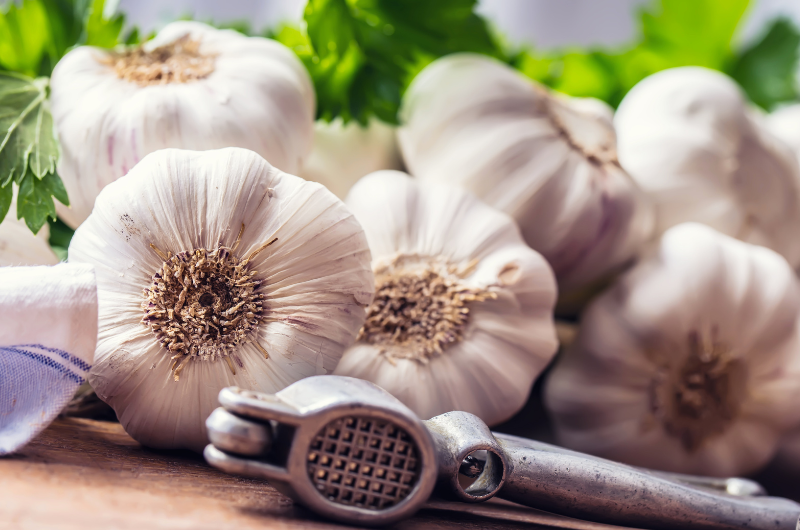
Precautions:
While garlic offers numerous health benefits, there are a few precautions to consider, especially when using it medicinally or in larger quantities:
Blood-Thinning Properties: Garlic has natural blood-thinning properties, which can be beneficial for heart health. However, it might increase the risk of bleeding, especially when taken in high doses or with blood-thinning medications like warfarin. If you’re undergoing surgery or have a bleeding disorder, consult a healthcare professional before consuming large amounts of garlic.
Digestive Upset: Some individuals may experience digestive discomfort, such as heartburn or upset stomach, after consuming raw or large amounts of garlic. If you have gastrointestinal issues, it’s advisable to moderate your intake or opt for cooked garlic.
Allergic Reactions: Allergic reactions to garlic are rare but possible. If you’re allergic to other members of the Allium family (onions, leeks, etc.) or experience symptoms like skin rash, itching, or difficulty breathing after consuming garlic, seek medical advice.
Interaction with Medications: Garlic supplements or concentrated forms may interact with certain medications, such as blood thinners, HIV medications, or some antibiotics. Consult your healthcare provider if you’re on medications to avoid potential interactions.
Topical Use Caution: Applying raw garlic to the skin can cause skin irritation or burns, especially in sensitive individuals. Always dilute it or use caution when using it topically.
Breastfeeding and Pregnancy: While garlic in moderate culinary amounts is generally considered safe during pregnancy and breastfeeding, high doses or medicinal use should be discussed with a healthcare provider to ensure safety.
Dosages can vary based on individual factors, such as age, health status, and the severity of the condition. Always consult a healthcare professional before using garlic medicinally, especially if you’re considering higher doses or if you have existing health conditions or are on medications. Commercial garlic supplements may contain varying concentrations of active compounds, so following the recommended dosages on the product label is advisable. It’s crucial to monitor for any adverse effects and discontinue use if any unexpected reactions occur.
How to make some Garlic products:
Garlic Butter:
Ingredients: Unsalted butter, garlic cloves, salt, and parsley (optional).
Method: Mince garlic and sauté it in butter until fragrant. Add salt and parsley if desired. Use as a spread for bread, on roasted vegetables, or for cooking.
Roasted Garlic Paste:
Ingredients: Garlic bulbs, olive oil.
Method: Cut the tops off garlic bulbs, drizzle with olive oil, and roast until soft. Squeeze the roasted garlic into a paste. Use in sauces, dressings, or spread on bread.
Garlic Infused Oil:
Ingredients: Garlic cloves, olive oil.
Method: Heat olive oil and add crushed or sliced garlic cloves. Allow them to infuse the oil over low heat. Strain and use the garlic-infused oil for cooking or as a flavorful drizzle.
Garlic Aioli:
Ingredients: Garlic cloves, mayonnaise, Dijon mustard, lemon juice, salt, and pepper.
Method: Crush or finely mince garlic and mix it with mayonnaise, Dijon mustard, lemon juice, salt, and pepper. Use as a dip or a spread.
Garlic Hummus:
Ingredients: Chickpeas, garlic cloves, tahini, lemon juice, olive oil, cumin, salt, and pepper.
Method: Blend chickpeas, garlic, tahini, lemon juice, olive oil, cumin, salt, and pepper until smooth. Adjust ingredients to taste.
Garlic Pickles:
Ingredients: Garlic cloves, cucumbers, white vinegar, water, salt, dill, and spices.
Method: Pack garlic cloves and cucumber slices into sterilized jars. Heat a mixture of vinegar, water, salt, and spices. Pour the hot liquid over the cucumbers and seal the jars for pickles.
Garlic and Herb Seasoning:
Ingredients: Garlic powder, dried herbs (such as thyme, rosemary, oregano), salt, and pepper.
Method: Mix garlic powder, dried herbs, salt, and pepper. Use as a seasoning for roasted vegetables, meats, or as a rub for grilling.
Garlic and Parmesan Popcorn:
Ingredients: Popped popcorn, garlic powder, grated Parmesan cheese, butter, salt, and pepper.
Method: Melt butter and mix with garlic powder, grated Parmesan, salt, and pepper. Drizzle over popped popcorn and toss to coat.
Experiment with these recipes and adjust the quantities to suit your taste preferences. Garlic can enhance the flavor of many dishes, so feel free to get creative in the kitchen.
Send Us A Message
FAQs
- Garlic is known for its antioxidant and anti-inflammatory properties. It can help boost the immune system, reduce blood pressure, improve cholesterol levels, and promote heart health. It may also have antimicrobial effects and can support overall well-being.
- Garlic can be consumed in various forms, such as raw, cooked, or as a supplement. Raw garlic provides the most potent health benefits. You can also incorporate garlic into your meals or take garlic capsules for convenience.
- Yes, garlic is known for its immune-boosting properties, which can help fight off colds and flu. Its antimicrobial effects may help reduce the severity and duration of these illnesses.
- While garlic is generally safe for most people, excessive consumption may cause digestive discomfort or bad breath. Some people may experience allergic reactions. It's best to consume garlic in moderation and consult a healthcare professional if you have any concerns.







